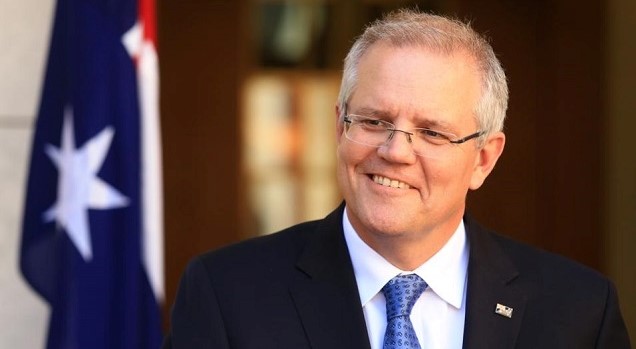A new report commissioned by the Australia Institute from Climate Analytics finds that there is currently no legal basis for Australia’s proposed use of “carryover” Kyoto credits to meet its obligations under the Paris Agreement.

Australia is said to be the only country trying to get away with using “over-achievement” from this type of credit.
The research makes clear that there is no scientific, moral or legal foundation for the Australian government’s determination to gain credit for its historic recalcitrance on climate action.
Prime Minister Scott Morrison said “the issue of carryover credits discussed in Madrid has actually been about trading, trading credits with other nations, old credits. And that is the issue that concern has been expressed about in Madrid and that does not apply to what Australia’s practice is.”
Contrary to the Prime Minister’s comments, there are two types of credits that are being considered under the restriction, including the credits Australia has and claims as “over-achievement”.
Key findings of the Climate Analytics report, released by the Australia institute in both Madrid and Canberra, are that:
- There is currently no legal basis for the “carryover” of pre-2021 units from the Kyoto Protocol for use under the Paris Agreement. The Kyoto Protocol and Paris Agreement are separate treaties.
- Most of Australia’s claimed “over-achievement” derives directly from the fact that Australia had substantial domestic deforestation emissions in 1990. It would be perverse to reward Australia in 2030 for the existence of large-scale deforestation that took place forty years earlier.
- Australia’s efforts to use these so-called “carryover’ credits to minimise future mitigation efforts, is antithetical to the goals and principles of the Paris Agreement and would only encourage other countries to exploit the system
Greta Thunberg took aim at countries like Australia, saying that COP25 should be about finding wholistic solutions, but “…instead it seems to have turned into some kind of opportunity for countries to negotiate loopholes and to avoid raising their ambition.”
Having distorted the rules in the past, and having previously demanded some of the least ambitious targets in the developed world, the Australian government is now arguing that because we “overperformed” against past benchmarks we should gain some “credit” for this in the future, according to the Australian Institute.
Richie Merzian, Climate & Energy Programme Director, who is attended COP25 in Madrid, said: “Australia’s determination to build new coal mines and ignore the link between enormous bushfires and climate change has already diminished its credibility at these talks, but demanding the right to use hollow credits as a substitute for burning less coal today is a bridge too far for the vast majority of the countries gathered in good conscience at this COP.”
“It is a serious concern that the Australian government continues to employ dodgy accounting in order to evade action and actually reduce its emissions,” said report co-author and head of Climate Analytics Dr Bill Hare.
The report builds on the Australia Institute’s earlier research from August this year, showing that, based on 2018 emission projections if Australia uses this loophole, it would be the equivalent of around eight years of fossil fuel emissions of all its Pacific neighbours.
It would be equivalent to even more than eight years using 2019 projections which expanded the number of dodgy Kyoto credits in play.
